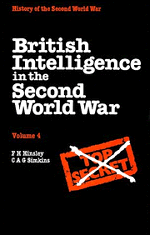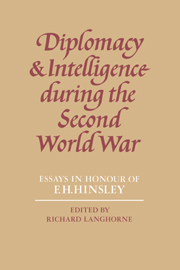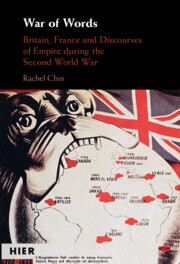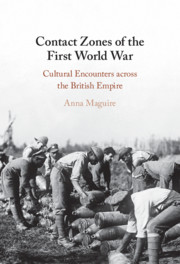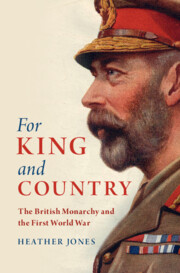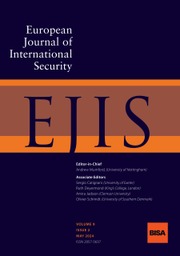British Intelligence in the Second World War
The first three volumes of the series dealt with the influence of intelligence on strategy and operations. Volume 4 analyzes the contribution made by intelligence to the work of the authorities responsible for countering the threats of subversion, sabotage and intelligence gathering by the enemy in the United Kingdom and British territories overseas, and neutral countries. It describes the evolution of the security intelligence agencies between the wars and the security situation in September 1939 and reviews the arguments about security policy regarding enemy aliens, Fascists and Communists in the winter of 1939–1940 and during the Fifth Column panic in the summer of 1940. It describes how the security system, still at that time inadequately organized and poorly informed, was developed into an efficient machine and how, with invaluable help from signals intelligence and other sources and by the skillful use of double agents, the operation of the enemy intelligence services were effectively countered. In conclusion, it notes the consistent subservience of the Communist Party to the interests of the USSR and the likely threat to British security.
Reviews & endorsements
"Anyone who likes a good spy story but has doubts about the value of historians rummaging around in archives should look at the magisterial five-volume official history 'British Intelligence in the Second World War' produced by a team of scholars under the distinguished historian Harry Hinsley. Of particular interest is Michael Howard's slim but brilliant final volume, dealing with strategic deception." New York Times Book Review
Product details
August 1990Hardback
9780521394093
426 pages
246 × 156 × 156 mm
0.818kg
Unavailable - out of print April 2007

